The Abbey of Sant'Angelo in Massa.
The structure was built on the place that was occupied by an ancient roman residence of the emperor Antonino, as evidenced by inscriptions and archeological remains found there.
We don’t have news about its destination during the Middle Age, we only know, from the Register of Farfa that in 996 was given to the benedicted friars, to become from 1037 property of the Abbey of Farfa.
One of the commendatory abbot was the cardinal Rodrigo de Borja y Doms, future pope Alexander VI who commissioned important works in the church.
In 1576 the commendatory abbot became Romolo Cesi, bishop of Narni, who established his residence there and made a center of study, making several modifications and adjustments to the monastic buildings.
In 1604 he inaugurated a scientific academy with some scholars who could have an astronomical observatory, some laboratories, a botanic garden and, also, a typography for their publications.
During the period of Pope Leone XII (1839) the monastery passed into different owners and from 1983 is a property of the Foundation of the priest Giuseppe De Santis who established the headquarter of the work Comunità-Famiglia Padre Pio (Community-Famili Padre Pio).
Inside of the monastery there is little of the original structure , while interesting is the church , despite all the transformations.
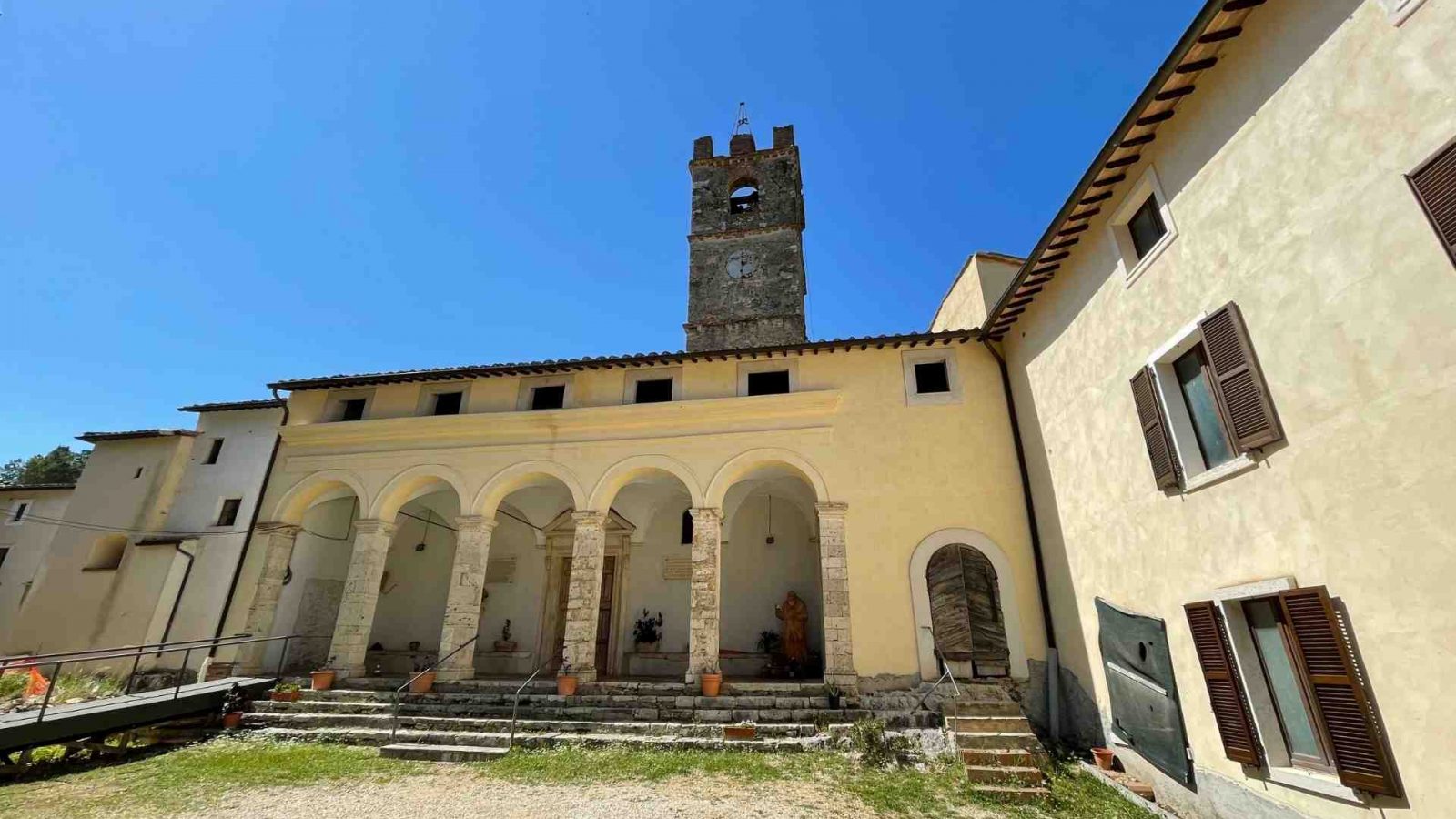
The church of San Michele Arcangelo
The facade facing south east is presented as a beautiful composition of well laid out bricks and faience. The bell tower that overlooks it, is a medieval construction with a fine crenellation.
We know that the cardinale Borgia established several works, making modifications , which deleted almost all of the ancient roman architecture, especially the facade and the original apses. The baroque modifications have even changed the orientations of the church .
You can enter the church through a renaissance porch, made by the cardinal , and made up by six stone pillars which support the semicircular arches.
The interior of the church.
The interior of the church is in three aisles with stone columns which support the semicircular arches.
The marble altar is from the late renaissance and it was built during the period of the bishop Romolo Cesi, at the end of the central aisles, the chapels from which you can enter from two beautiful prestigious marble doors.
Above the altar there is a canvas which represents the Nativity by Michelangelo Braidi from Narni painted in 1596 when the author was 26 year old, following what it’s written on the signature on the work.
Interesting are also the decorations of the ambience, made up by frescoes always made by Braidi which represents the Annunciation and the Visitation and, inside the cupola, the Glory of Madonna crowned by the Eternal Father and the Son in the middle of several angels.
The two chapels were made by a project of Gian Domenico Bianchi and decorated by the same Braidi:
- the left chapel, dedicated to the Madonna is in square shape with arches supported by four columns of white marble with capitals from 1400 and with a beautiful cupola;
- the right chapel, made up for the burial of the bishop Cesi, preserves scenes of the passion of Jesus.
Abbey of Sant'Angelo in Massa
05035 Narni TR
The church and the abbey are private but on the spot you can ask to visit them.
You can park just outside (or with permission inside) the abbey.
Discover Narni.
Discover with us the interesting places nearby.
Or discover the points of interest of Narni and of its territory:
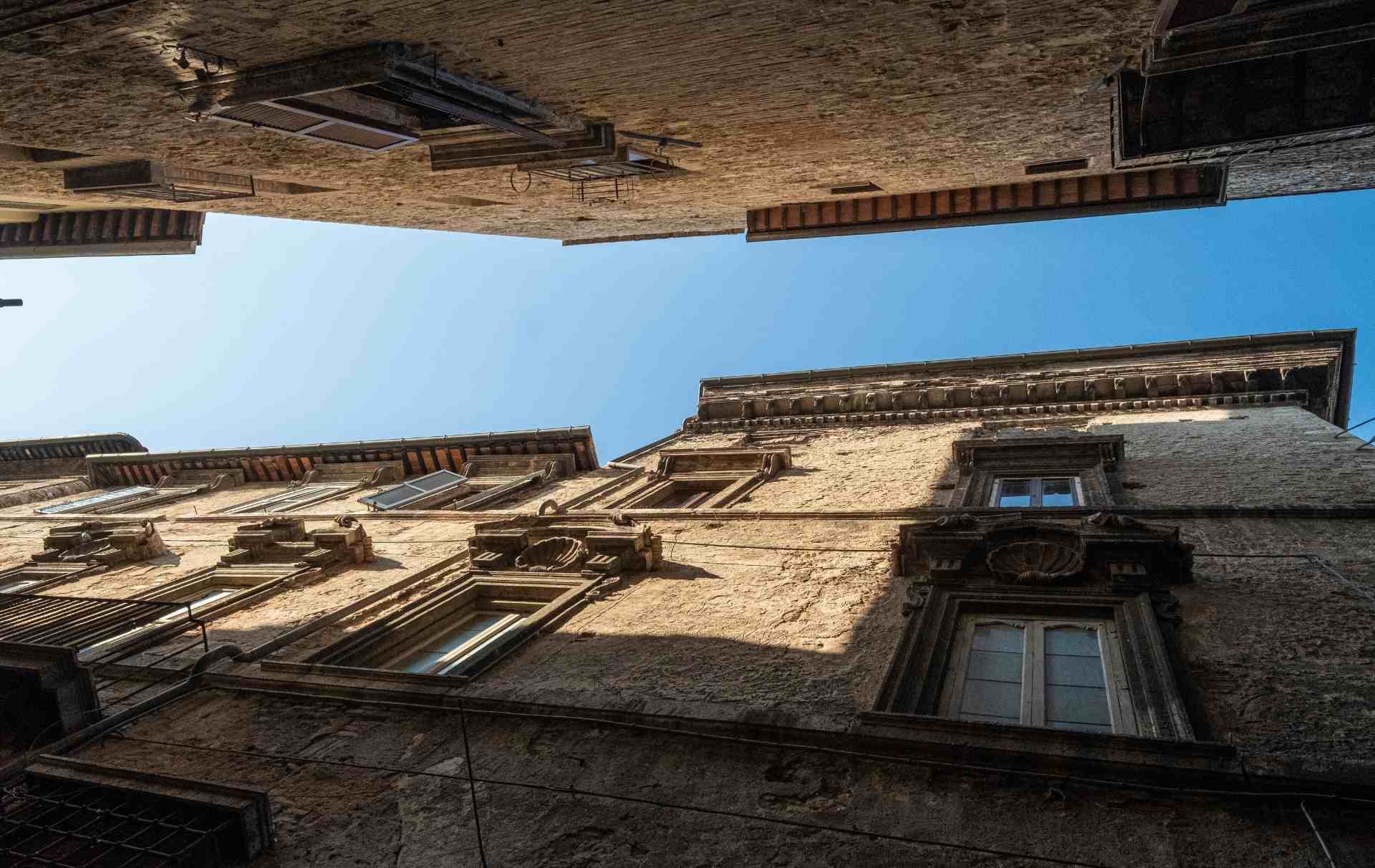
Scotti Palace
Scotti Palace, is one of the most impressive civil architectures in Narni, rises on the west side of Via Mazzini, close to Santa Maria Impensole.
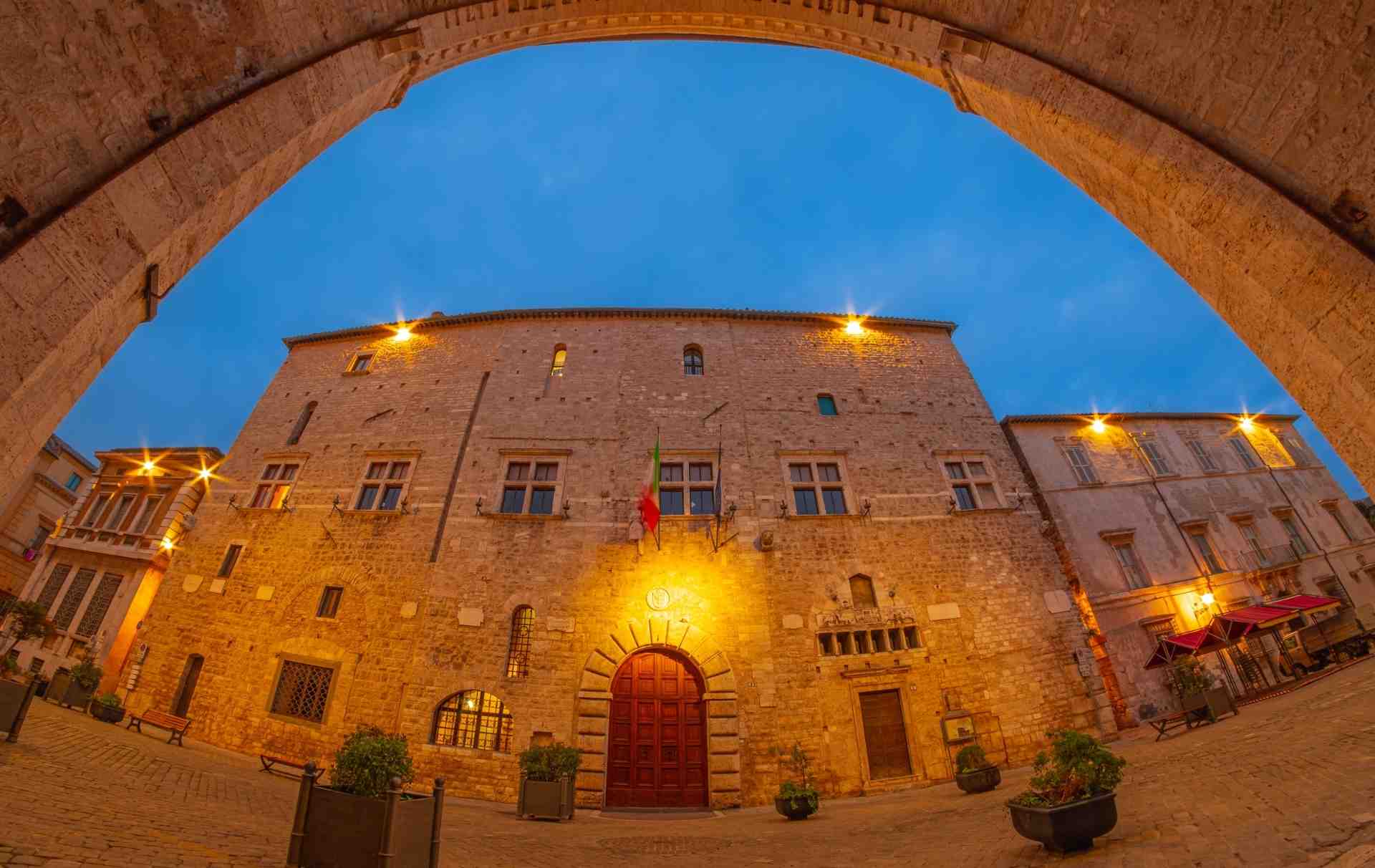
Municipal Palace
The Municipal Palace, is in front of Priori Palace and, with its mole, the homonymous square in the center of Narni. The Podestà Palace, today
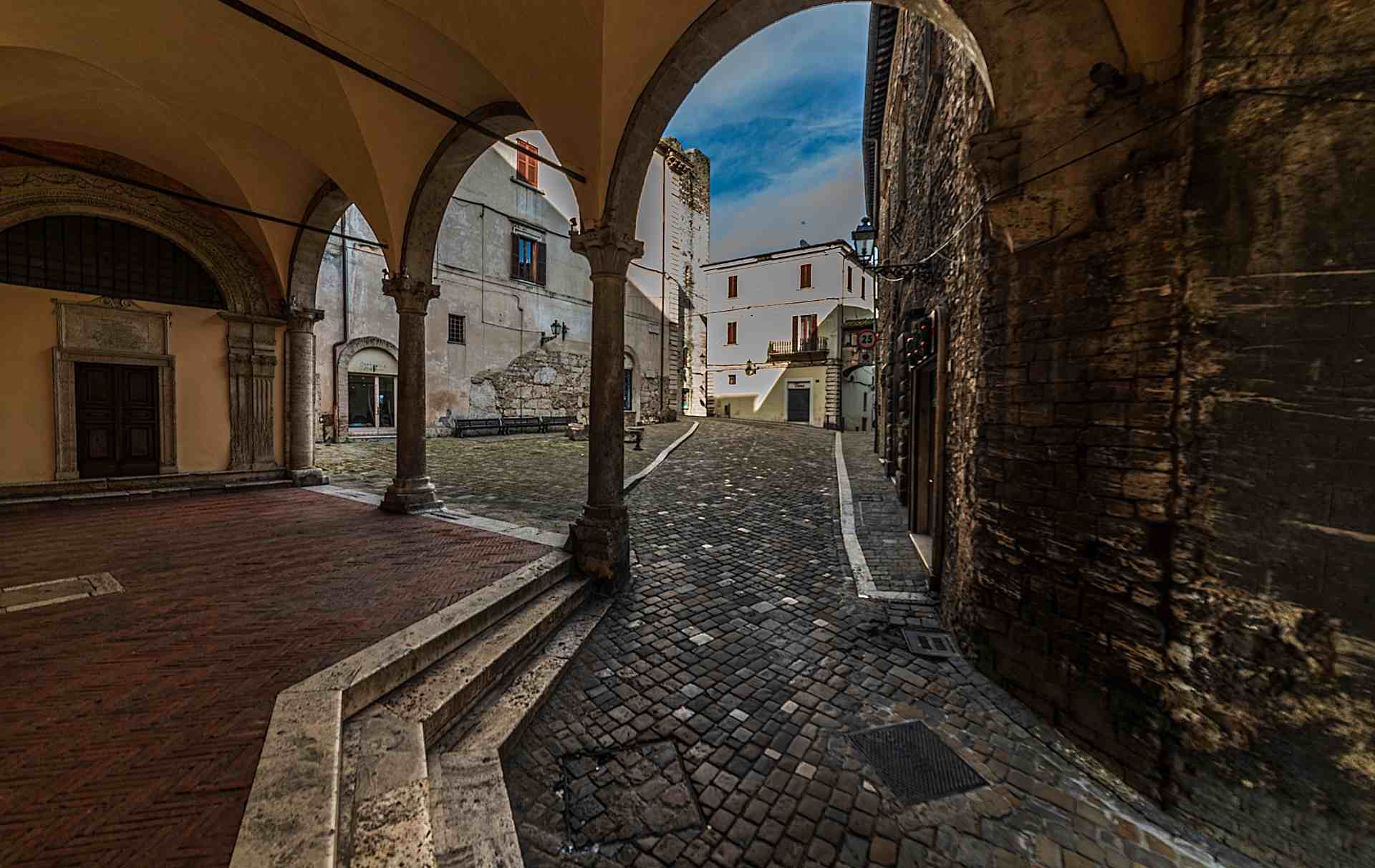
The facade and the Renaissance Porch
The principal facade of Narni’s Cathedral, faced on piazza Cavour, is characterized by a porch built during the renaissance, which frames three marble doors with
Scopri Narni.
Scopri con noi i luoghi di interesse più vicini all’abbazia.
Oppure scopri i punti di interesse di Narni e del suo territorio.
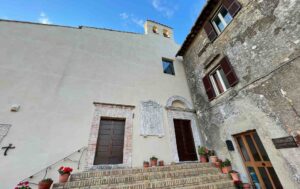
Church of San Nicola from Bari
The Church of San Nicola is the main religious building of the former castle of Itieli and faces a square from which you can enjoy
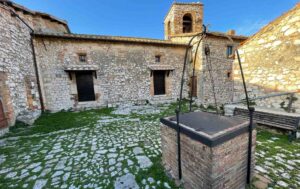
Church of the Saints Silvestro and Feliciano
The pretty Church of Santi Silvestro e Feliciano is located in the highest part of the ancient castle of Borgaria and its entrance overlooks a
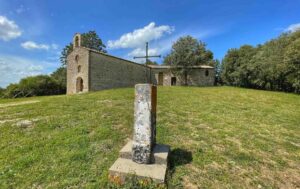
Church of San Michele Arcangelo
The wonderful and ancient Church of San Michele the Archangel rises on a little hill not far from what was the castle of Schifanoia. The


